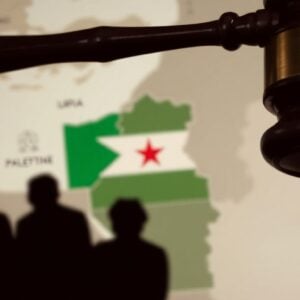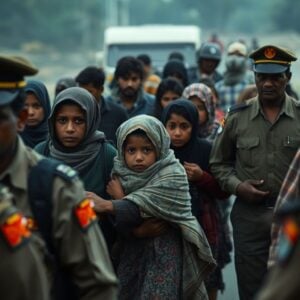UN experts have urged the United States to grant Palestinian leaders visas ahead of the UN General Assembly in New York, stressing that excluding them undermines the role of the UN as a hub for global diplomacy, peace, and human rights. They highlighted that the US has a long-standing tradition of facilitating access to the UN headquarters as a neutral space for dialogue, and warned that restricting Palestinian officials from participating strikes at the heart of this mission.
The appeal came after the US Secretary of State announced that visas would be denied or revoked for officials of the Palestinian Liberation Organization (PLO) and the Palestinian Authority (PA) unless they repudiated terrorism, including the October 7 attacks, and ended efforts such as legal actions through international courts or attempts to secure recognition of Palestinian statehood. UN experts argued that such measures breach international obligations, particularly under the 1947 UN Headquarters Agreement, which requires the US to allow entry regardless of its recognition of Palestine as a state.
They emphasized that Palestine holds observer state status at the UN and that the PLO, recognized since 1974, has the right to participate in the General Assembly when invited. Blocking Palestinian officials, they warned, interferes with upcoming debates on the right to self-determination. They further clarified that the PLO and PA are not responsible for Hamas’ October 7 attacks and that efforts to hold them accountable must be rejected.
The experts also criticized the US for failing to deny visas to Israeli officials accused of international crimes. They underscored that pursuing justice through the International Criminal Court or the International Court of Justice is a legitimate approach under international law, not “lawfare.” The ICC is investigating alleged crimes by both Israeli and Palestinian individuals, while the ICJ has declared Israel’s occupation illegal and is considering a genocide case in Gaza.
On the question of Palestinian statehood, the experts noted that seeking recognition is fully consistent with international law and that the right to self-determination has long been affirmed by the global community. They explained that unilateral declarations of independence are not prohibited, especially in contexts where people have been denied self-determination under prolonged occupation.
In addition, the US suspension of visitor visa processing for Palestinians from Gaza, the West Bank, and other regions was condemned as discriminatory and unjustified. The experts argued that such measures unfairly stigmatize Palestinians by associating them with terrorism without legitimate security grounds.
They concluded by urging the US to restore its commitment to diplomacy at the UN by granting Palestinian officials visas and allowing inclusive participation in international dialogue. According to them, diplomacy remains the only path toward resolving even the most difficult disputes peacefully.







